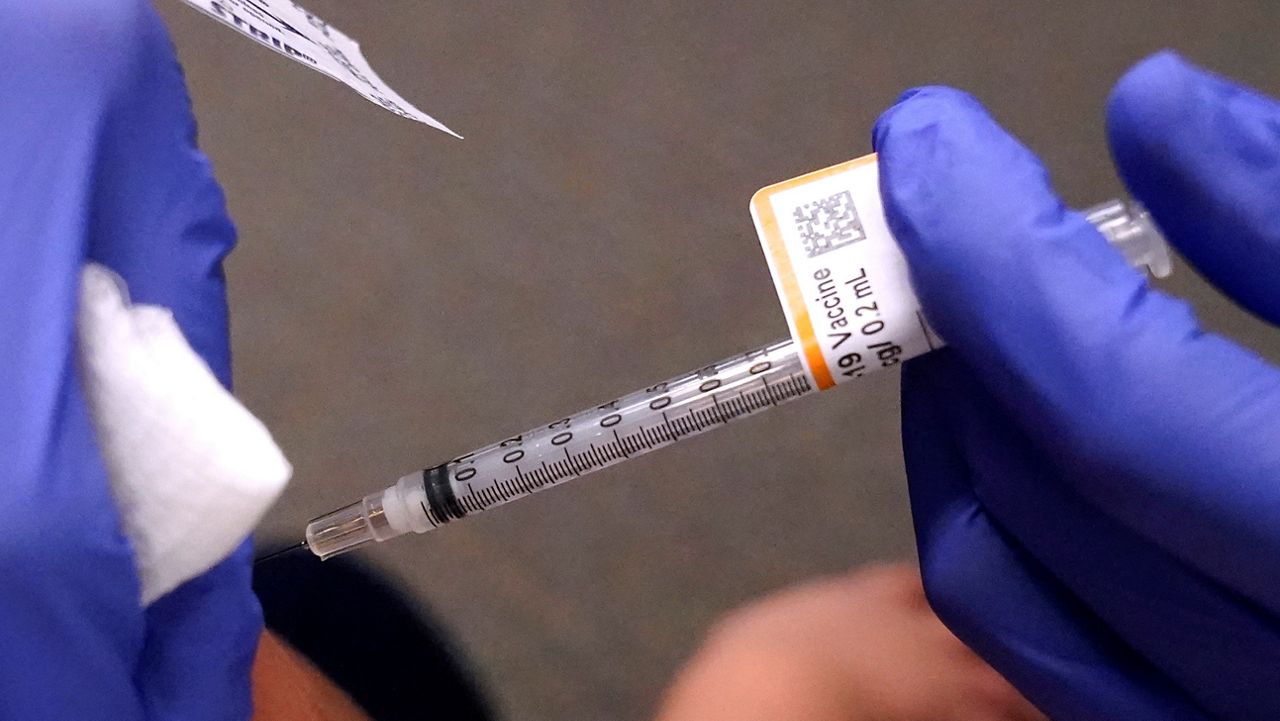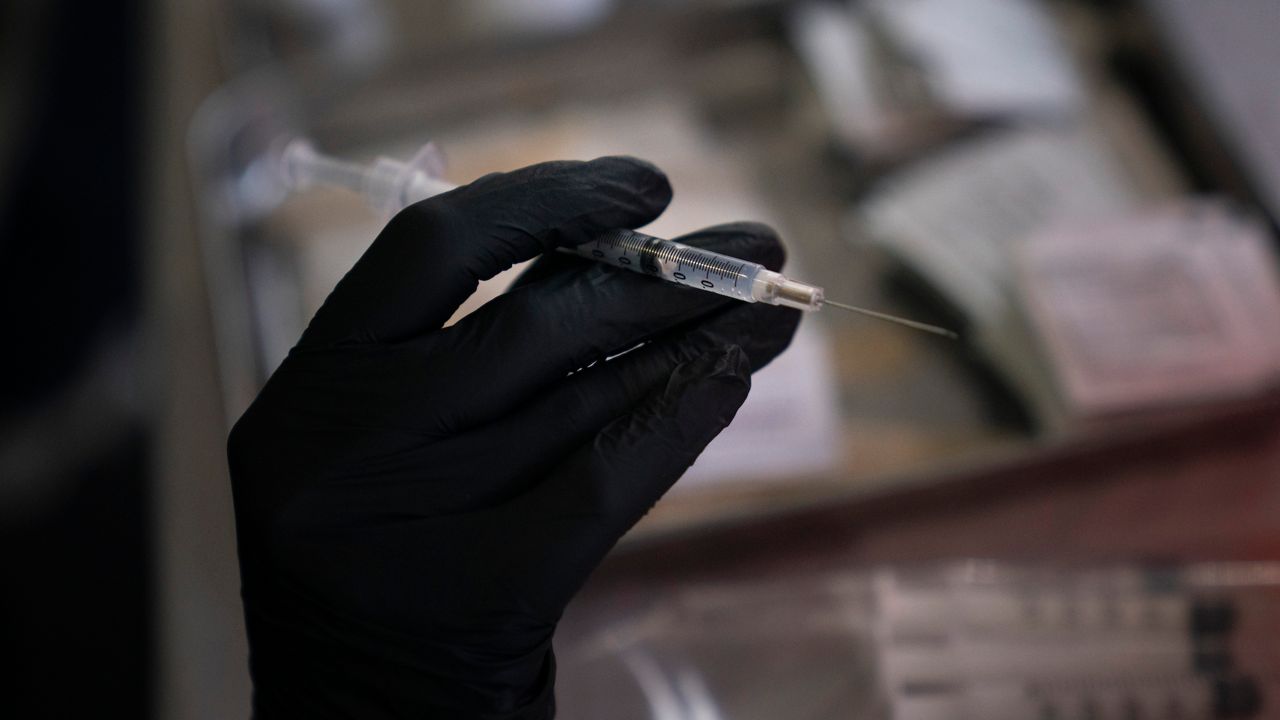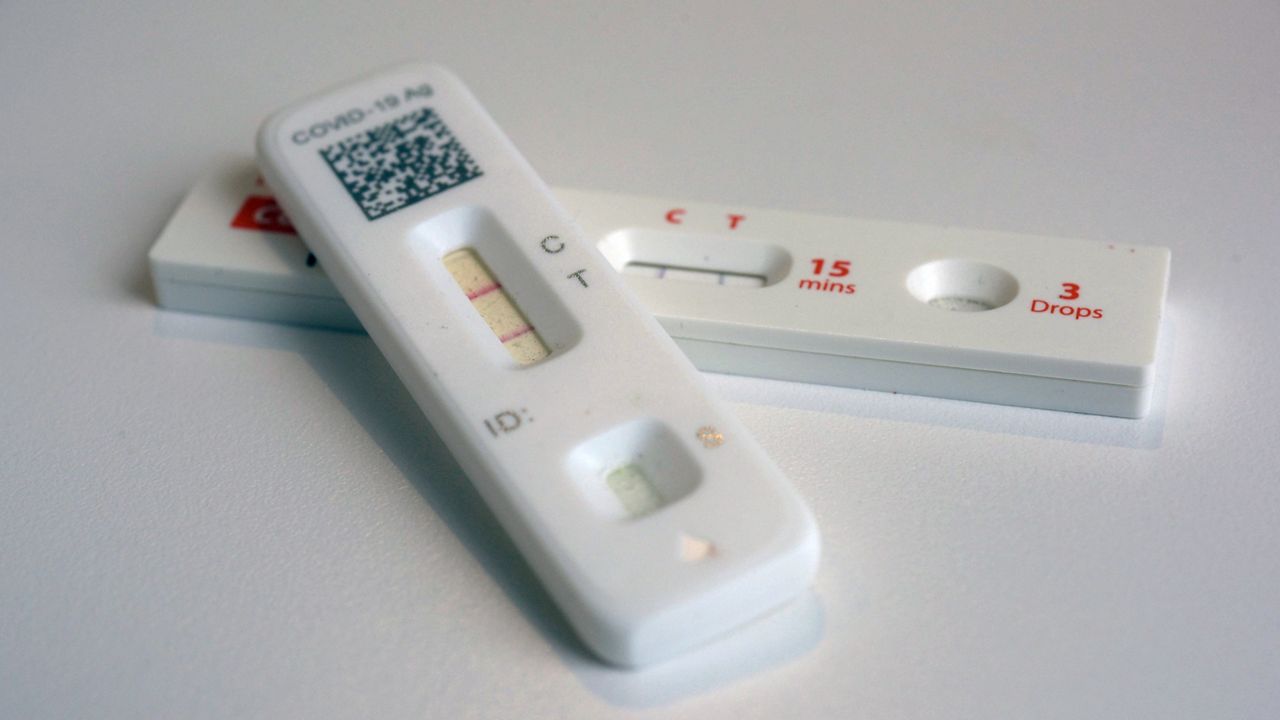ORANGE COUNTY, N.C. -- Nicholas VonKallist says the pandemic was his get out of jail card.
VonKallist, 26, tells Spectrum News he spent 10 months at the Albemarle Correctional Institute for having a stolen weapon. He says he was released to reduce the prison's population and avoid a COVID-19 spread.
"There's a lot of people in there. We're all in closed quarters. All the time we live around each other. If it [coronavirus] comes in and one person gets it, everybody is going to get it," he says.
He says the warden instituted other measures to improve social distancing among inmates.
"They stopped us eating in the chow hall together. We go up there, we get our food, and we can come back to the block. They shut down the yards," he adds.
His concerns came as more jails and prisons across the state saw coronavirus cases. Orange County Sheriff Charles Blackwood says so far, his jail hasn't reported any cases, but each day presents a challenge.
"The rules change every morning. At 8:00 we finally figure out what we're going to do for that day and they're going to change tomorrow as well," Blackwood says.
Blackwood has now stopped work-release programs for inmates and visitations. Deputies also will quarantine any new detainees for up to two weeks inside a negative pressure room.
"We have a couple of areas that they can go so that they're not put into general population, nor is the air in that room circulated through the rest of the facility," he says.
The sheriff says the changes will stay as long as needed, but some will not last forever. He sees jails and prisons allowing in-person visitations again. He says penitentiaries will have to become more digital to allow more inmates to appear in court via video.
"Cellphones are prohibited under state law. We want to be able to use tablets to be able to have teleconferencing," he explains.
VonKallist believes jails and prisons won't look much different even after the pandemic is contained. He says guards at Albemarle CI were already loosening restrictions.









